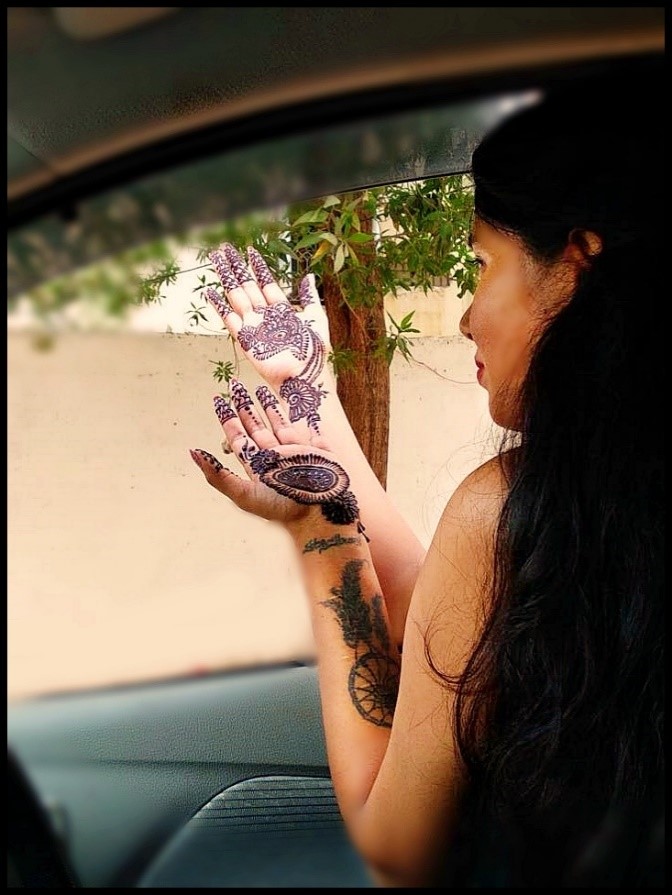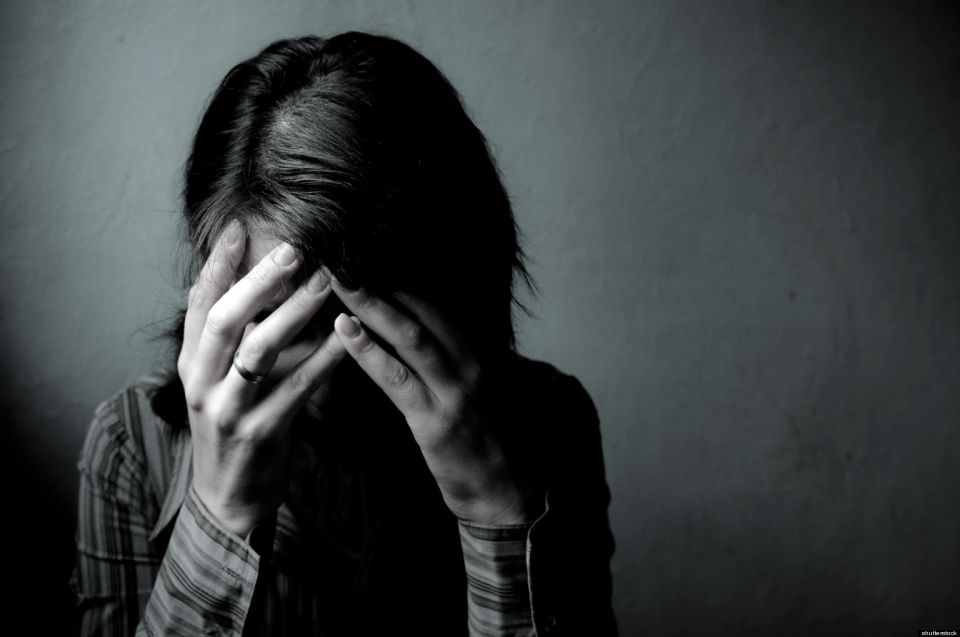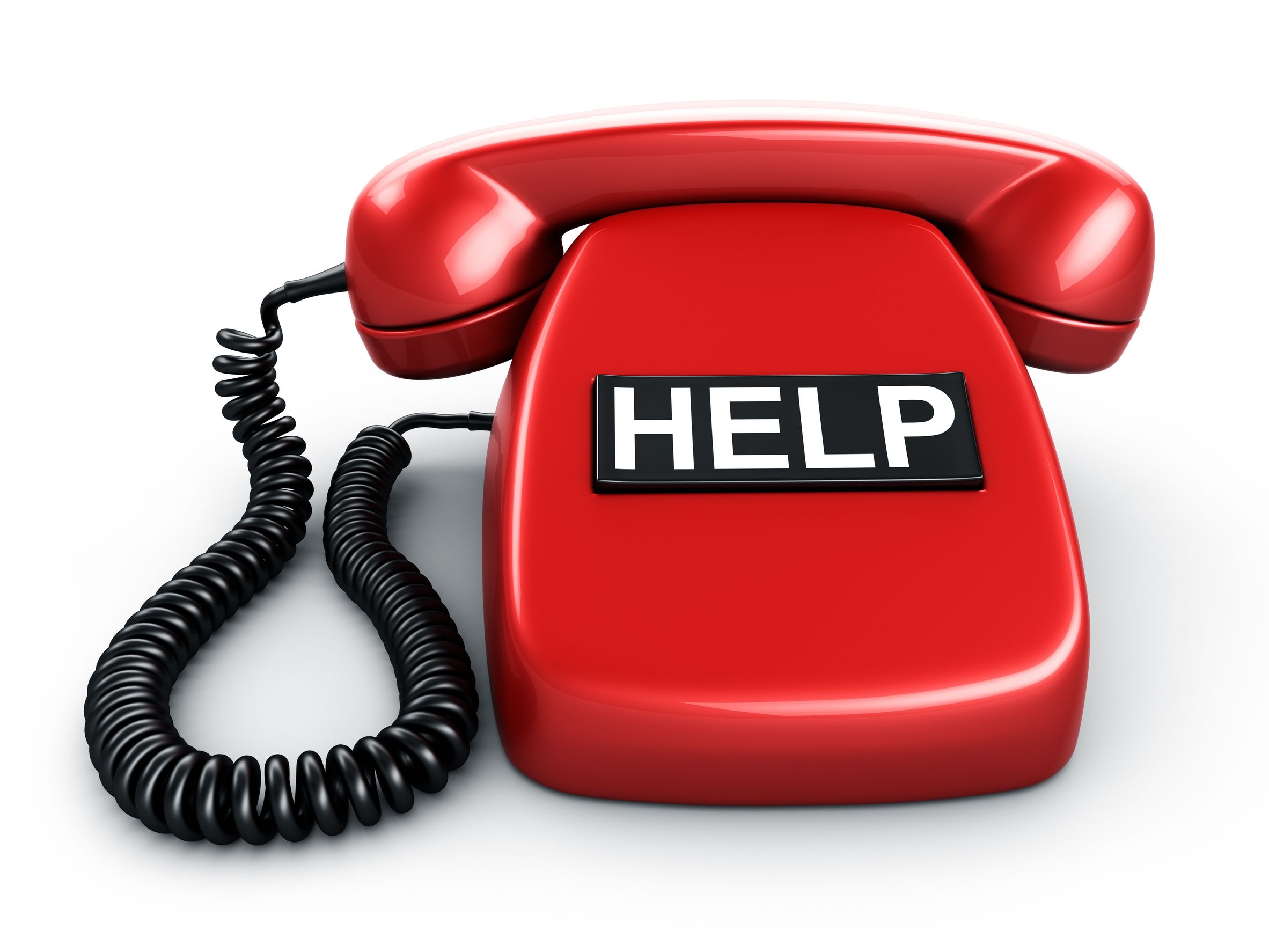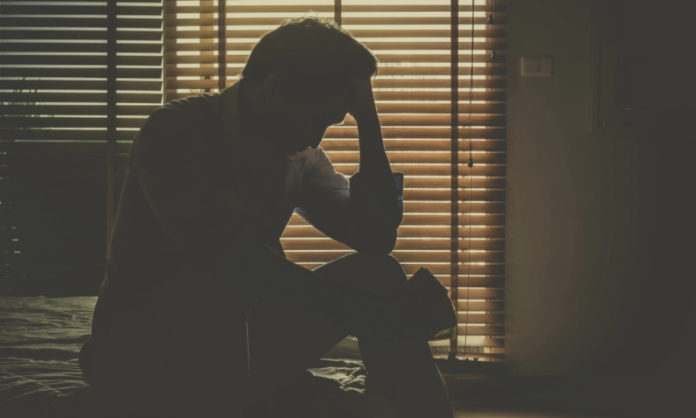October is observed as the month of Mental Health Awareness, but we rarely see any communication around it. Why? Because the topic is still a stigma, from anxiety to psychosis, from depression to self-harm, everything is taboo – especially suicide!
One major reason for this is the lack of real-life stories – hence, we spoke to some of the people – patients, doctors, witnesses, indirect sufferers, and survivors to understand it better. See if you can relate to any of the stories below…
Suicide – A Medical Condition … Not Behavioural, Tells A Psychiatrist
Dr. Saeed Akhtar is a psychiatrist who has studied medicine in England and has been serving in the field of psychiatry for the past 14 years. He works for Dow Hospital and at a trustee clinic to help people who can’t afford the high fees of regular psychiatrists. Here at Khizar Clinic, located near Stargate (Malir), he treats people with fees as low as Rs 500. Even though the fee is exceptionally low compared to other hospitals, the waiting area looks quite empty. As Dr. Saeed says downheartedly, “Maybe it’s not even about the money? Maybe it’s just about people not understanding the seriousness of this matter!”

About suicide, Dr. Saeed explains, “Suicidal behavior is a trait found in genes, if a person is depressed and has a family history of people who have committed suicide, then he or she is more likely to attempt suicide than someone with clean family history. You see, it’s not in a person’s hand what they carry in their genetics. Secondly, not suicide is not always an outcome of depression, many other mental illnesses like bipolar disorder (BPD), schizophrenia, and borderline personality disorder can cause suicidal behavior. It’s not always depression and does not necessarily go away on its own as people say, “it would just go away.”
According to him, at times, medicine is mandatory to prevent a person from committing suicide, for example in BPD, therapy won’t always work. It’s a chronic illness, and medicines are needed to save a person from going into a state of psychosis (a state in which a person loses contact with reality) which might lead to suicide, and the same goes for someone who suffers from schizophrenia. “The point of saying this is that medical professionals are there to understand your case, and each case is different, and we deal with it accordingly. All you have to do is to be informed enough to know that it’s time to reach out. In the end, it’s all about awareness, which we thoroughly lack, and somewhere our medical professionals are culpable. After them, it’s society.
When a person dies because of kidney failure, the cause of death is the disease, but when a person loses his life by suicide, the person is blamed and not the illness that caused it. The idea of being suicidal is a behavioral condition rather than a medical condition, which leads to people’s confused attitude toward the sufferer. “I am not saying that medicine is always the answer, in fact, psycho-therapy works 100% if the illness doesn’t necessarily demand medication. What I am saying here is that suicidal behavior is a medical condition which must be attended to by professionals, either a psychologist or a psychiatrist,” says Dr Saeed.
Therapy Helps – Hear It From A Survivor
‘Therapy works 100%’, suggests Dr. Saeed, who has been in this field for 14 years. But let’s hear it from Natasha, who is another DSH survivor, and narrates her experience of her long-held suicidal thoughts, which are no longer haunting her – thanks to psycho-therapy.
“I had a rough teenage life, everyone had their problems, mine was failure in love, academics, and my body image; all three combined. They felt like good reasons to hurt myself. I kept harming myself for years, and when I say years it means 4 to 5 years of misery. At one particular point, I was extremely suicidal; this was the time that the cuts started getting deeper, almost lethal. That’s when my brother forced me as well as begged me to get therapy. It wasn’t easy for him to make me step out of my little bubble of misery, but he managed. Therapy worked wonders! Although my scars kept me from moving on completely, I got them covered up with a dream-catcher tattoo. Whenever I feel down, I look at them and tell myself If I survived through this, I can keep surviving through anything else!”

Why Suicide Rates Are Escalating – A Psychologist Tells The Reason
While Dr. Saeed apprises us of suicide being a medical condition and its treatment, Yumna Usmani, a psychologist, and a mental health therapist, tells us what she thinks are some of the reasons behind the escalating rates of suicides.
“A lot of people claim to be “mental health experts” while they simply don’t know the ABC of psychology. In our society, only a few people decide to go for therapy, and those who finally decide to go for it, come with a lot of baggage and vulnerabilities, and end up getting played. There must be a way that someone filters these scams out of our system because it only makes the situation worse,” she says. Another fundamental reason according to her is a delay in the treatment. “Do not wait for signs and symptoms like fatigue, sleeping disorder, eating disorder to show up; just when you think ‘it’s getting too much’ see your therapist immediately. If we have a fever we take paracetamol right away, do we wait for it to reach to 104-degree Fahrenheit? No! Then why wait for your mental health to get out of hand? See a therapist, we are like your personal cheerleaders, our place is a place of empowerment,” she adds.
Recently, the suicide rates in Pakistan have been escalating which depicts the fact that we have failed to create a safe space for everyone, to provide them a suicide prevention helpline, to identify the root causes of growing suicide rates (even in certain rural areas) and we haven’t made enough efforts to raise mental health awareness. We are not only insensitive when it comes to creating stigmas around suicide, we are a failure as a society too.”

According to Usmani, fraudulent therapists, delays in treatment, lack of mental health awareness, and society’s attitude are the most prominent causes behind the escalating rates of suicide. However, both the psych experts, Dr. Saeed and Usmani, insist that in the end what matters the most, is the attitude of society towards a suicidal individual, both before and after committing the act.
An Up-Close View Of Social Stigma Around Suicide – By Someone Who Lost A Loved One
Rushaan Farrukh was a student who committed suicide by jumping off from the fourth floor of Beaconhouse National University (BNU), Lahore, on 26th November 2018. Her friend Aimen, who was also the eyewitness of the incident, shares her experience with agony.
“She was a very happy person; I remember she often used to wear a star-sticker on her cheek and carry an orange flask with her. She was very open and receptive, an overall warm and friendly person,” she recalls, adding that despite this, there were certain instances where people said insensitive things about her – perhaps out of jealousy or hate.. no one can tell.
“It was around 12:50 pm. I was in my stats class and immediately rushed out when my friend said someone had jumped off the roof, only to find out that it was Rushaan. I don’t have words to describe my shock but I do have words to describe how people reacted at BNU. People were putting up stories on Snapchat; there were two guys who recorded everything, and then there were some people saying “I hope she doesn’t die a haram death.” People on the fourth floor did nothing and called it a ‘publicity stunt’. There were no ambulances in the university, Baharia Hospital refused to admit her because they thought it was a ‘crime’ you see. People passed the vilest comments, and then, in the end, the insensitive people on social media, even those who didn’t know her, worsened everything by going to her public profiles and commenting stupid things about her. BNU’s administration didn’t know how to react to the situation. We kept receiving messages from them notifying us one moment that classes will be held the next day and the next moment saying that classes will remain suspended, like, if the ‘classes’ really mattered at that moment?
We were too distraught to react to any of it. As for my trauma, I still see her in my dreams. I feel like we could have saved her.”
She remembers calling a helpline two days after the incident, while on the road, literally breaking down. Once done, this guy on the other side of the line started to rationalize what happened. “I don’t know why but it seemed very inappropriate at that time. And by rationalize, I mean, in a way kind of supporting the whole idea of suicide. This guy was the CEO of this organization btw.” Apparently, it’s the only suicide hotline in Pakistan and one of the employees forwarded her call to the CEO because he had ordered them to forward all calls related to that incident to him, which did not prove helpful at all. “The CEO knew nothing about psychology anyway.”
Absence Of Suicide Prevention Helplines
The last statement of Aimen leads to another important fact: We are losing people who could’ve been saved. The absence of an official suicide prevention helpline is a real problem. Some NGOs have taken this initiative but many of them have shut down. Some do not respond at all, and some just tells that they are not operational anymore; only a few working platforms are available, such as the “Pakistan Suicide helpline.”
Waqas, a correspondent of “Pakistan suicide helpline” and also a psychologist currently enrolled in his M.Phil. program, narrates…
“We have been running this helpline for almost a year now. In a year’s time, we have attended to approximately 25 clients. At times we feel quite helpless, especially because we are doing this over the phone and not in person, the clients disconnect any minute, and we own no right to call them back. They leave counseling sessions without notice and that’s when we realize time and again how badly we are failing at raising awareness regarding the issue.

He further informs that so far, most of the calls are received from Islamabad, then Lahore, and then Karachi. The gender ratio over the last year has been 1:1, and the number of male clients and female clients is almost identical. He has been single handling all calls, but now, one of his friends who also happens to be a psychologist, has joined in to help… “so it’s just the two of us.”
Also, they cannot work full-time, so the service is available from 3 pm to 9 pm.
It can be seen, that over time, lack of availability of therapists could possibly lead to the malfunctioning of this helpline as well as it is difficult for just two people to run a helpline for 24 hours. Because of the unavailability of one single national helpline, a lot of contact numbers are available on the internet with the title of “suicide helpline” and people who want to make a call cannot make out which one is authentic and which one is not. This leads to further confusion and worsens the situation.
What are the potential solutions to this problem?
- Attentiveness: People should pay attention to their loved ones. If you notice someone being suicidal, reach out to them. Usmani says, “Long-lasting moodiness, excessive frustration, unexpected rage, and outbursts are signs; a person’s sudden behavioral change such as a losing interest in a long-loved hobby, eating and sleeping disorders, not taking medicines, self-harm… all could be signs.”
- Building Suicide Prevention Centers: Dr. Saeed suggests “we should start building suicide prevention centers in Pakistan. If for some reason we are unable to start a helpline, then we should at least take the initiative where every hospital (government and private both) can spare a corner to set up a desk for counseling and where counseling is provided 24×7.”
- According to Pakistan penal code 325, attempted suicide and suicide are criminalized acts, people with attempted suicide cases hesitate to reach out, and people with suicide cases are sent back from the hospitals without any help when they need it the most. Decriminalizing this act can help people, with attempted suicide history, to reach out. If suicide is forbidden in Islam, then to punish a person who is not in a state of sanity, is also forbidden in Islam.
- On interviewing 10 regular viewers of shows depicting graphic content regarding suicides, 9 out of 10 replied that they went through depressive episodes after watching such shows. Almost everyone is aware of the effect that media has on people. “Shows like these work as a spark which later bursts into a full-fledged fire,” says Usmani. Therefore, people who are prone to depressive episodes should avoid watching shows showing others committing suicide.
- There should be a legal notice sent to all pharmaceutical stores to not sell sleeping pills until the person brings a recent prescription.
- Mental health awareness should be promoted through social media and from grass root levels for the upcoming generation. Sessions on this topic should be introduced as a mandatory part of the education system, in schools, colleges, and in universities.
- And lastly, by understanding suicide, and not considering it as a “taboo”.





































